Cultivating a Love for Books: How Early Reading Shapes Young Minds
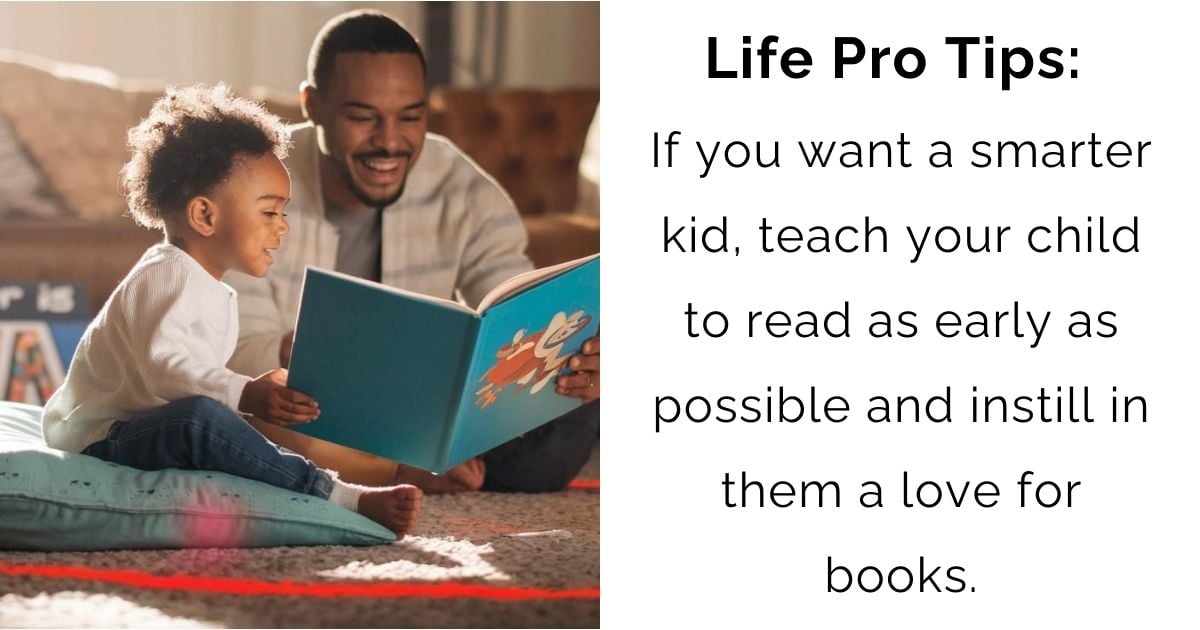
In today’s fast-changing world, nurturing a child’s love for reading is more than just a pastime—it’s a forward-thinking investment in their future. Early literacy builds a foundation for lifelong learning, creativity, and problem solving. Parents who introduce books at a tender age are not only sparking curiosity but also empowering their children with a self-driven ability to learn and adapt.
The story that follows exemplifies how simple, playful interactions—like turning a game of “the floor is lava” into a lesson in problem solving and storytelling—can create memorable learning moments. It reminds us that every shared story or playful challenge is a stepping stone toward building cognitive resilience and igniting a passion for learning.

Below is the original Reddit post recounting one parent’s delightful and educational journey with her daughter:
‘LPT: If you want a smarter kid, teach your child to read as early as possible and instill in them a love for books. Because as soon as they can read, they can teach themselves. And that will be a life-long advantage over their peers who don’t have that same ability’

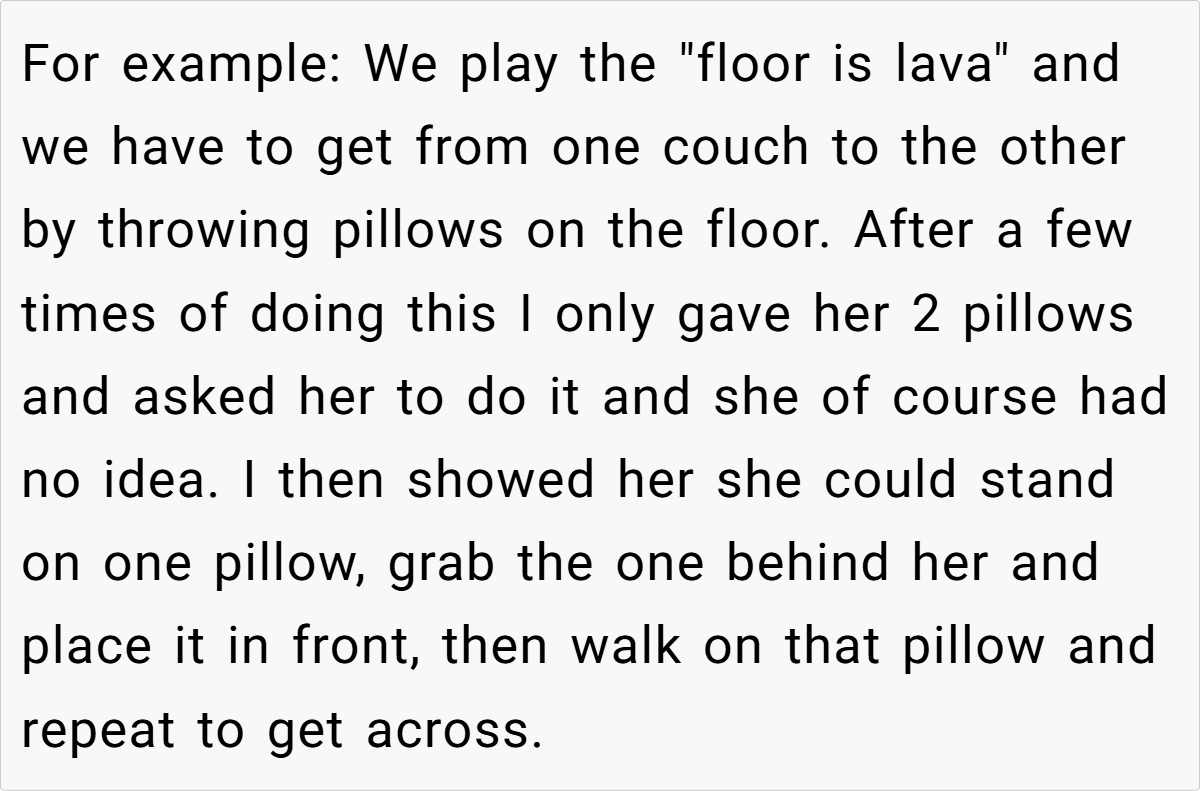
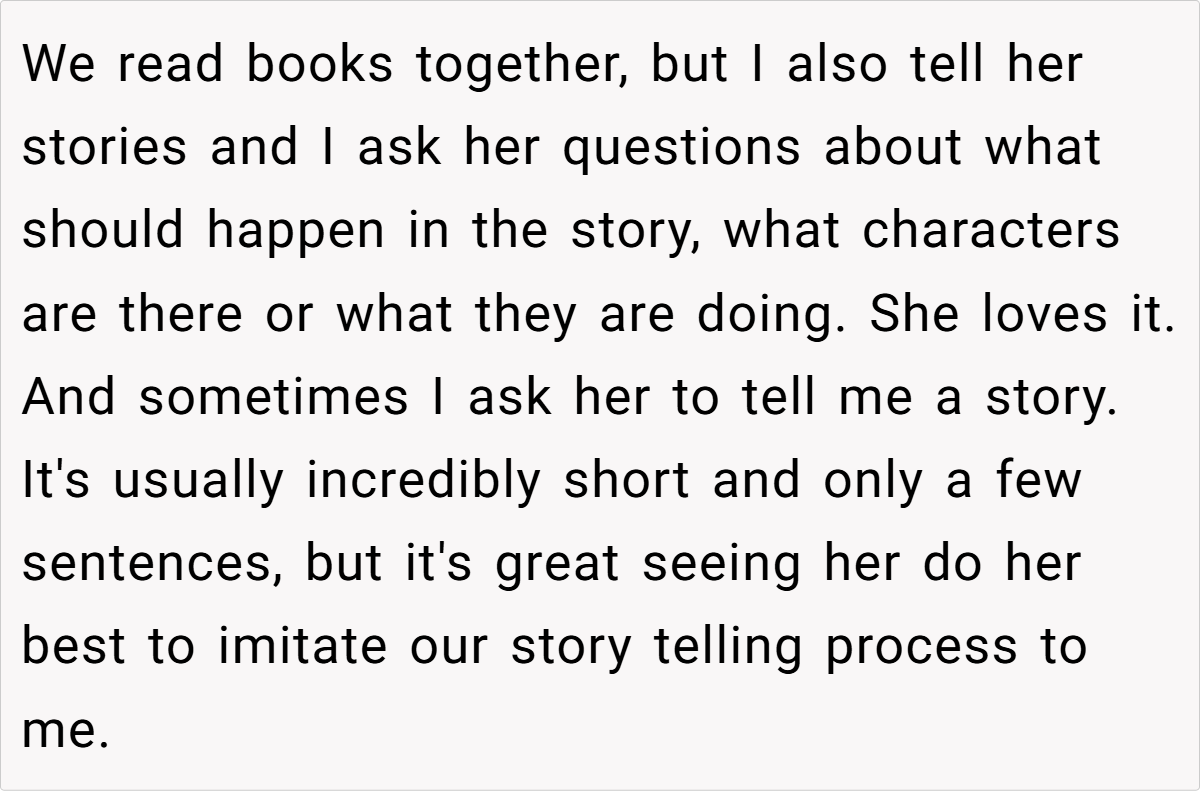


Early Literacy as a Cognitive Catalyst
Research shows that exposing children to books from infancy isn’t just about accumulating vocabulary—it fundamentally shapes how they learn. The American Academy of Pediatrics (AAP) has long championed early shared reading as a way to build strong language skills and promote neural development. According to an AAP policy statement, reading aloud from birth can enrich children’s language, cognitive, and social-emotional growth, laying the groundwork for school readiness and lifelong learning — healthychildren.org. When children hear stories and see pictures, their brains form complex networks that support memory and comprehension—processes that later allow them to read independently and teach themselves new concepts.
Instilling a Love for Books for Lifelong Advantage
The title’s claim that instilling a love for books confers a lasting advantage is supported by evidence that early positive experiences with reading foster a self-motivated learning habit. When a child enjoys reading, they’re more likely to seek out information, practice problem solving, and even challenge themselves academically without constant external prompting. Pediatric experts, including Dr. Perri Klass—a prominent literacy advocate and pediatrician—stress that engaging children in storytime builds a “rich, interactive environment” where every reading session reinforces the joy of learning. As children progress from being read to, to reading for themselves, they essentially become their own teachers; the act of reading becomes a tool for independent discovery and self-improvement.
Self-Directed Learning and Academic Success
As soon as children can read on their own, they gain access to an endless library of ideas and knowledge. This self-directed learning accelerates cognitive development because reading independently allows children to explore topics at their own pace, solve problems, and even fill in knowledge gaps autonomously. Studies have repeatedly shown that early reading proficiency correlates with higher academic achievement later in life. Programs like Reach Out and Read—which integrates literacy promotion into pediatric care—demonstrate that early and sustained reading practices lead to improved vocabulary and cognitive skills, setting children apart from peers who may have had less exposure to books.
Lifelong Benefits
Overall, the evidence is clear: teaching your child to read early and nurturing a genuine love for books doesn’t just make them “smarter” in the conventional sense—it equips them with a self-sustaining tool for lifelong learning. When children grow up associating books with pleasure and empowerment, they’re more likely to continue learning independently, adapt to challenges, and ultimately excel academically and beyond. The scientific consensus—from both pediatric health experts and literacy researchers—strongly supports the idea that early reading is a crucial, life-long advantage (source: 1, 2)
Check out how the community responded:
Here are some hot takes from the Reddit community—candid, humorous, and refreshingly diverse. These comments capture the essence of parental pride, playful banter, and real-life insights that echo the transformative power of reading in everyday life:
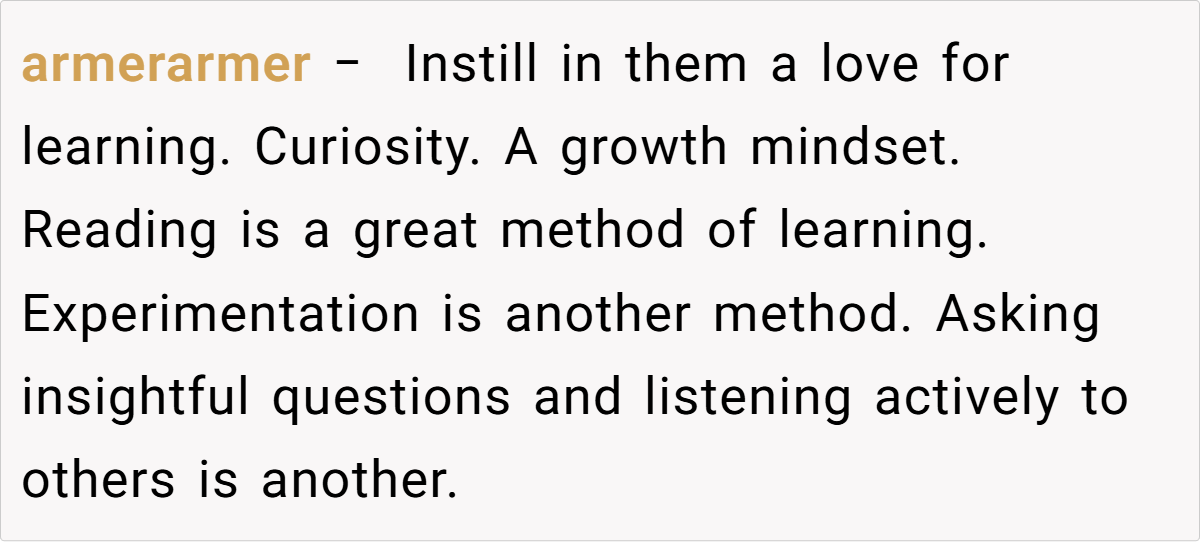
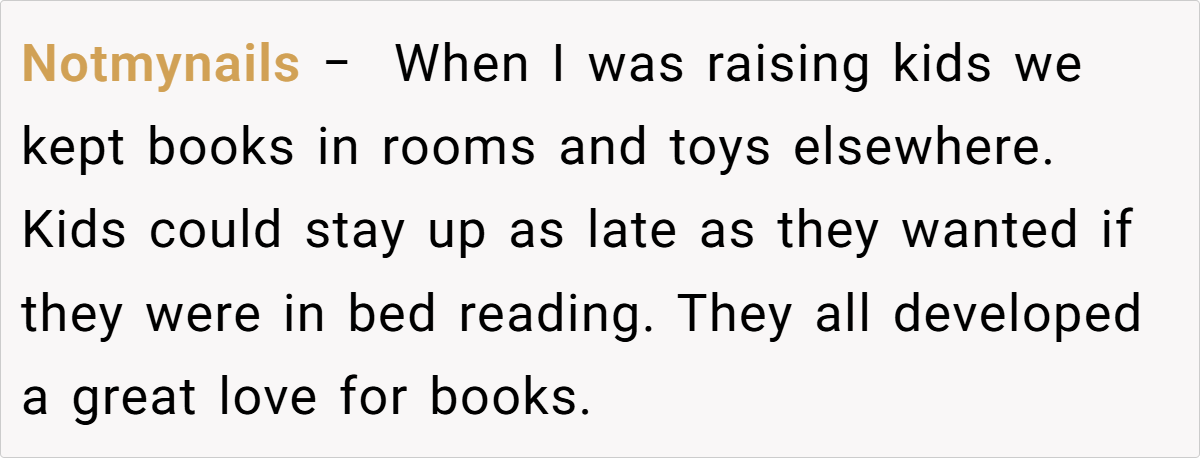

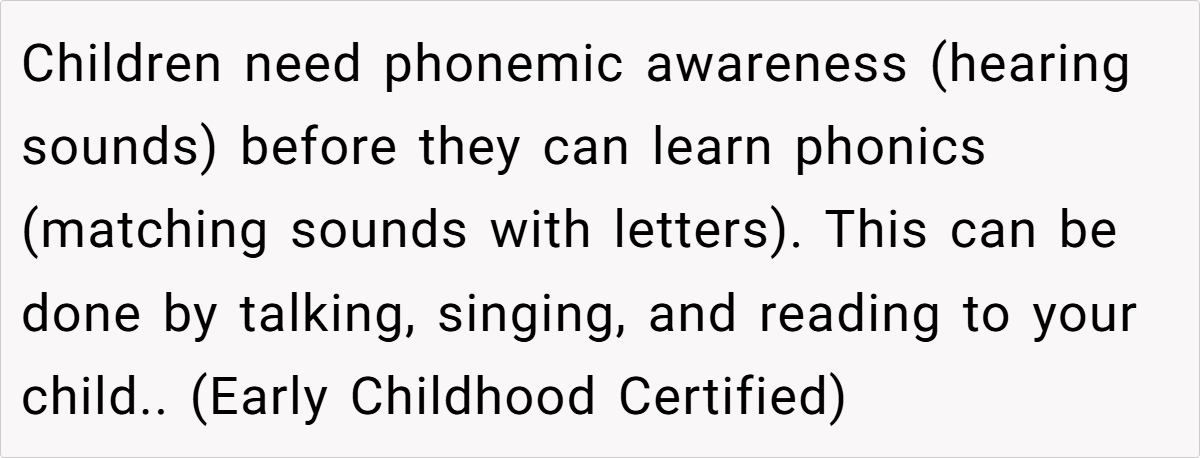


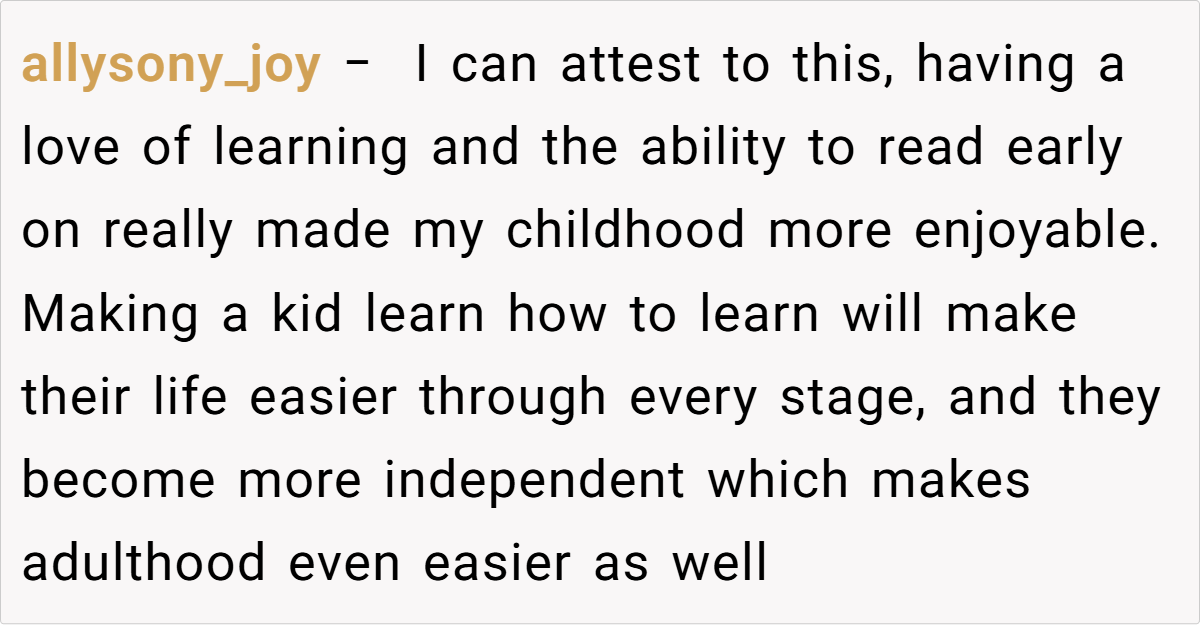
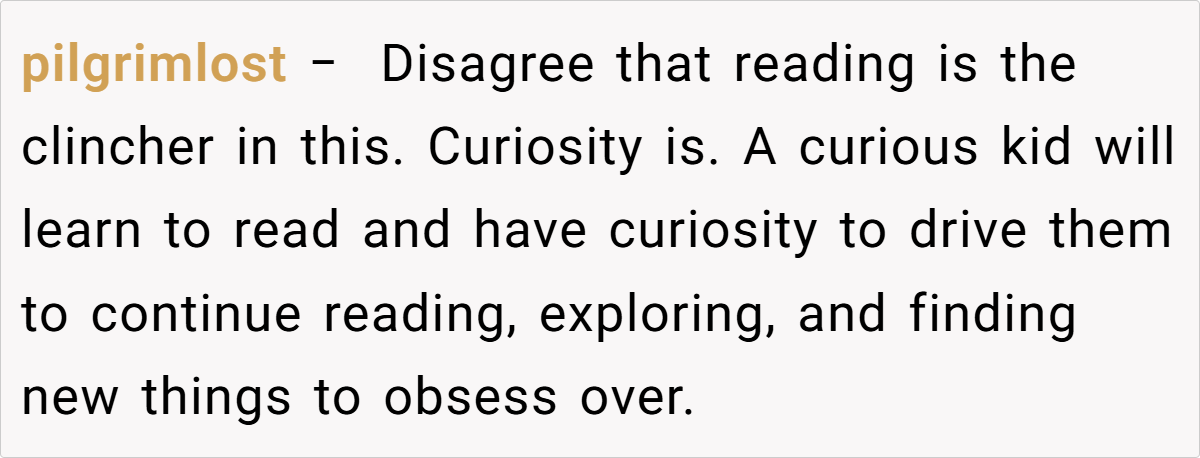


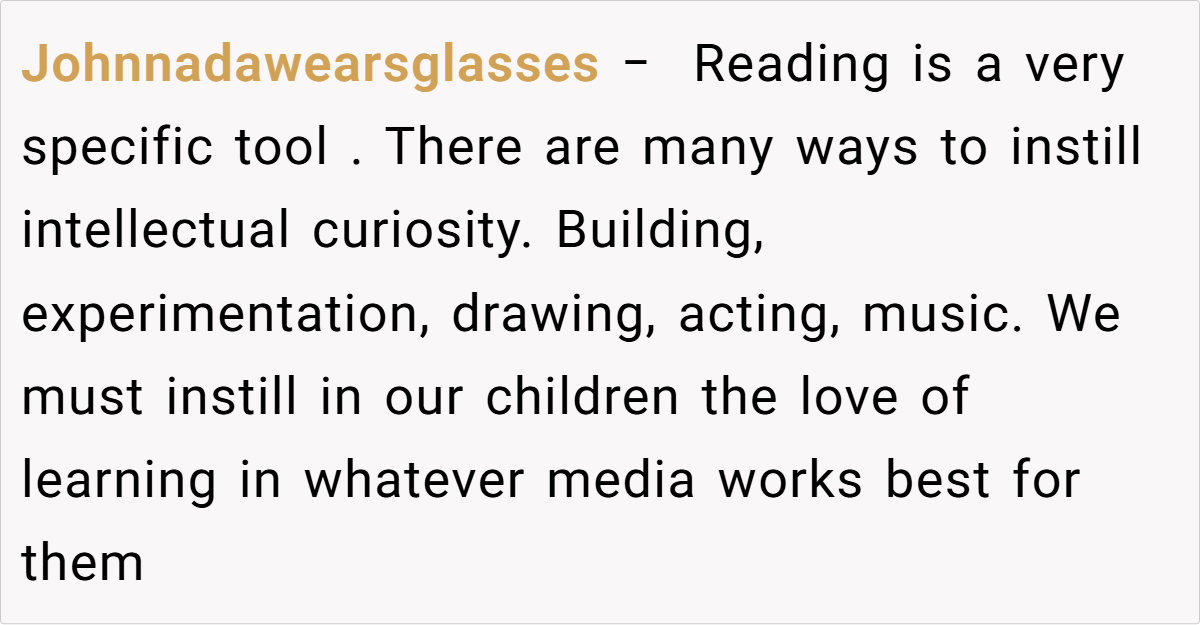

In wrapping up, it’s clear that early reading isn’t just about learning letters and words—it’s about building a future filled with curiosity, resilience, and empathy. From fostering unforgettable bonding moments to laying the groundwork for academic excellence, the benefits are far-reaching.
What would you do if you found yourself in a similar situation? Share your thoughts, experiences, and any creative strategies you use to nurture a love for learning in your own family.

